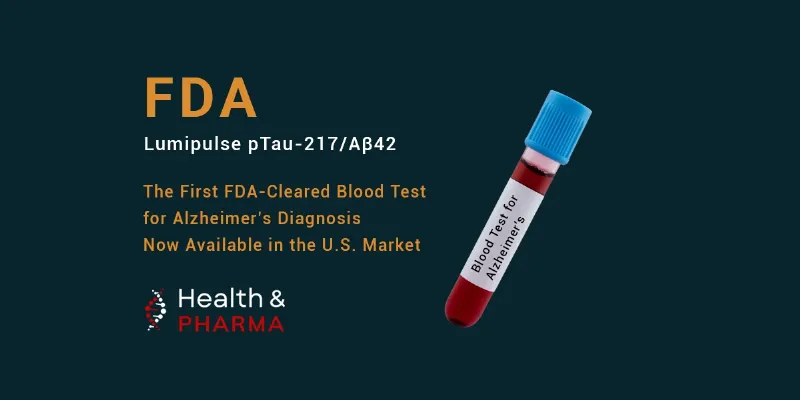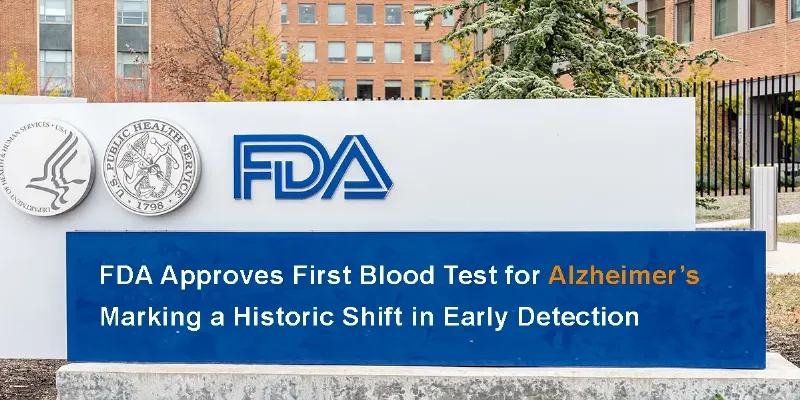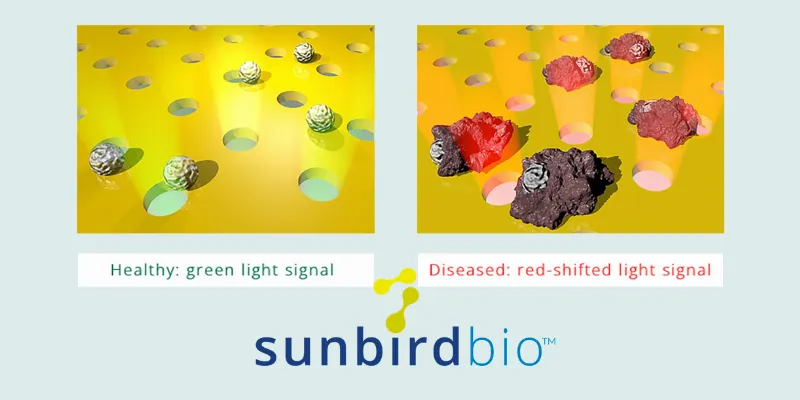CAR-T Therapy and Multiple Sclerosis: A New Horizon for Disease Management


Neurology |
4 March 2024
The recent initiation of clinical trials in the United States utilizing chimeric antigen receptor T-cell (CAR-T) therapy for multiple sclerosis (MS) represents a key moment in the fight against this autoimmune disease. This approach has already demonstrated remarkable success in treating specific blood cancers and holds immense potential to transform the landscape of MS management. However, it is crucial to understand the intricacies of CAR-T therapy and its application to MS, along with the associated challenges, before celebrating its full potential.
Multiple sclerosis (MS) is a relentless autoimmune disease that targets the central nervous system (CNS). Comprising the brain, spinal cord, and optic nerves, the CNS acts as the body's control center, coordinating everything from movement and sensation to thinking and memory. In MS, the immune system, which is normally responsible for fighting off infections, mistakenly identifies myelin—the fatty sheath that insulates nerve fibers—as a foreign invader. This misguided attack disrupts the transmission of nerve signals, leading to a wide range of potential symptoms, including fatigue, muscle weakness, numbness, vision problems, and difficulty with coordination and balance.
While there have been significant advancements in managing MS, the current treatment landscape presents challenges. Most medications focus on suppressing the immune system to prevent further myelin damage, which can leave patients vulnerable to infections. Additionally, these medications may not be equally effective for everyone, and some patients experience debilitating side effects that limit their quality of life. This underscores the urgent need for innovative therapeutic approaches that target the root cause of MS and offer a more personalized treatment strategy.
Reflecting on the novelty and potential of these approaches, James Chung, chief medical officer at Kyverna Therapeutics, leading the charge in utilizing these cells for multiple sclerosis, states, “We’re in uncharted territory here.
Re-engineering the Immune System
CAR-T therapy embodies a novel approach to harnessing the power of the immune system for targeted therapy. This approach involves extracting T lymphocytes, a type of white blood cell crucial for adaptive immunity, from a patient. These T cells are then genetically modified in a laboratory setting by introducing a chimeric antigen receptor (CAR) into their genome. This engineered receptor serves as a specific recognition molecule, enabling the T cells to bind to a designated target antigen on the surface of targeted cells. Once reinfused into the patient, these CAR-T cells become 'living drugs,' specifically recognizing and eliminating cells expressing the targeted antigen.
Targeting B Cells in MS
While the initial success of CAR-T therapy focused on eradicating cancerous cells expressing specific antigens, adapting it for MS presents unique challenges. Unlike the easily identifiable surface markers of cancer cells, the target in MS – B cells – are essential components of the immune system responsible for antibody production and defense against pathogens. To minimize the risk of harming healthy B cells, researchers are meticulously designing CAR-T cells to target specific B cell subsets implicated in the pathological processes of MS. This targeted approach aims to suppress the detrimental B cell activity contributing to the disease while preserving the vital functions of healthy B cells.
The US Trial: Hope with Cautious Optimism
Clinical trials are underway to explore the safety and effectiveness of CAR-T therapy for MS. A pioneering trial by Kyverna Therapeutics in the United States is investigating its use for progressive MS. Meanwhile, a collaboration between Stanford University and Bristol Myers Squibb focuses on relapsing-remitting MS, the most common form of the disease.
Kyverna Therapeutics Trial (US)
Titled 'A Study of Anti-CD19 Chimeric Antigen Receptor T-Cell (CAR-T) Therapy in Subjects With Non-relapsing and Progressive Forms of Multiple Sclerosis,' this pioneering trial by Kyverna Therapeutics represents the first-in-human investigation of CAR-T cell therapy for progressive MS.
The trial focuses on the safety and efficacy of their CAR-T cell therapy targeting CD19, a protein found on B cells. By eliminating B cells expressing CD19, researchers hope to diminish the autoimmune response in progressive MS. It's important to note that this is a small-scale trial with a limited number of participants, aimed at assessing the safety of the CAR-T cell therapy and establishing appropriate dosages for further studies.
The results of these ongoing trials are eagerly anticipated by the MS research community. If these initial investigations demonstrate the safety and efficacy of CAR-T cell therapy for MS, it could pave the way for a more targeted and potentially transformative treatment approach for this debilitating disease. However, it's important to remember that CAR-T cell therapy is a complex and evolving field, with several challenges still to overcome. These include:
- Long-term efficacy: Will the effects of CAR-T cell therapy be durable, or will B cells repopulate, requiring repeat treatments?
- Off-target effects: Can CAR-T cells be designed with even greater specificity to avoid harming healthy B cells?
- Manufacturing challenges: Developing efficient and cost-effective methods for large-scale CAR-T cell production is crucial for wider patient access.
Despite these hurdles, the initiation of US trials marks a significant advancement in the field of MS treatment. This pioneering approach paves the way for a future of personalized medicine, where treatments can be tailored to each patient's unique disease profile and immune system characteristics. While the road ahead for the successful integration of CAR-T therapy into the MS treatment armamentarium is long and requires continued research and development, this innovative approach offers a glimmer of hope for individuals living with MS.











Comments
No Comments Yet!